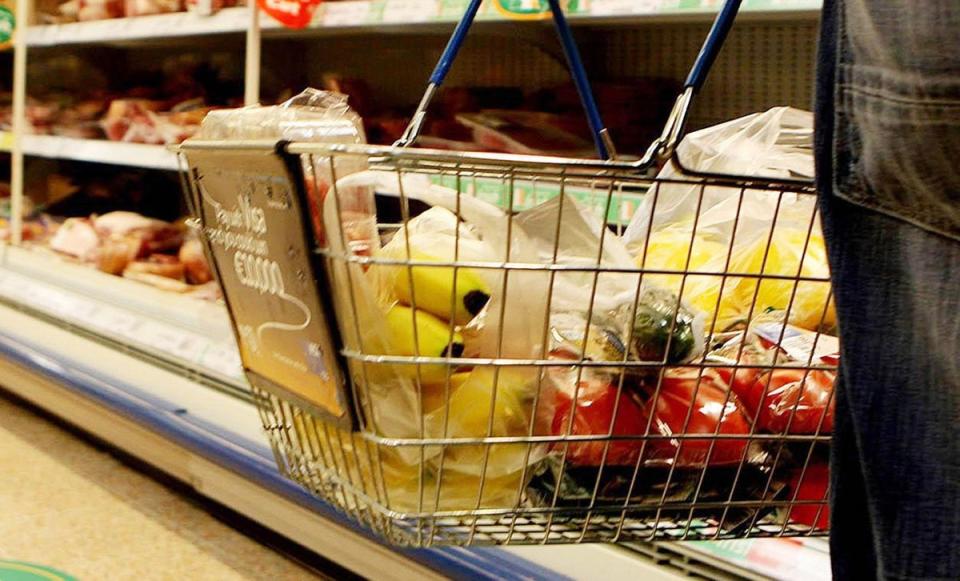Grocery body predicts food prices to rise 15% by summer

Cost inflation for essential food items is likely to reach a peak of up to 15% this summer putting the squeeze on household finances as the cost of living crisis tightens its grip.
According to the Institute of Grocery Distribution (IGD) the British economy will face the strongest period of inflationary pressure since the 1970s.
The industry body also expects food inflation to persist for longer than official forecasters predict due to several factors, including the impact of the war in Ukraine, pre-existing supply chain challenges and the “limited effectiveness of monetary and fiscal policy”.
Its forecast will deliver yet another blow to the most vulnerable households in the UK, who will be hit the hardest by the spike in food and drink prices.
IGD has calculated that the average monthly spend on groceries for a typical family of four will reach £439 from January 2023 – a belt-tightening increase from £396 in January 2022.
The strongest inflation pressure is expected to come from meat, cereal products, dairy, fruit and vegetables, according to IGD, in particular, products that rely on wheat for feed including white meats such as chicken and turkey.
James Walton, chief economist at IGD, said: “From our research, we’re unlikely to see the cost-of-living pressures easing anytime soon. This will undoubtedly leave many households – and the businesses serving them – looking to the future with considerable anxiety. We are already seeing households skipping meals – a clear indictor of food stress.
“We expect the mood of shoppers to remain bleak for the foreseeable future as they are impacted by rising inflation and a decline in real wages.”
IGD predicts that the acceleration in food inflation is likely to last until mid-2023.
It said that additionally, the UK food and consumer goods industry is uniquely exposed to current pressures due to a reliance on food imports and the impacts still being felt from Britain’s exit from the EU.

 Yahoo Finance
Yahoo Finance 